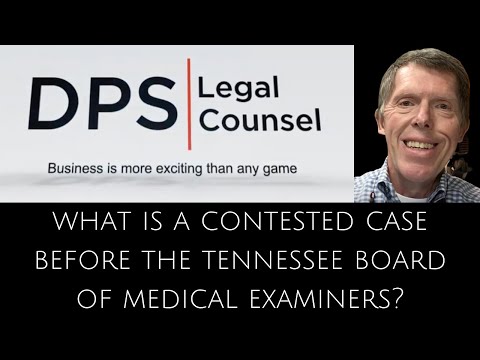Hi, this is Dan Smith of DPS Legal Counsel, and welcome to today’s video. Today I’m going to be talking a little bit about the Tennessee Board of Medical Examiners and what is a contested case. If you’re a physician and you’re subject to the jurisdiction of the Tennessee Board of Medical Examiners, you’re a licensed professional in the state, what can happen that would bring you before the Board of Medical Examiners in a contested case, and what do you do if you get a letter on notifying you of charges and that you are going to have to come before the Board of Medical Examiners with respect to your license? So let’s get started.
The first thing I want to talk about is what are the six primary things or punishments, maybe we should say, that the Board of Medical Examiners can impose with respect to a physician’s medical license. Like I said, there are essentially six types of sanctions that the Board of Medical Examiners can impose on a physician. First is a private censure. That basically is a slap on the wrist privately, where the physician has done something inappropriate, has made some violation of the Medical Practice Act, or one of the regulations that are applicable to physicians, and it doesn’t rise to the level of seriousness enough to have the Board do anything more than privately censure the physician. So that’s number one.
Number two is a public reprimand. This is something that is a little bit more serious and the Board’s action and sanctioning are publicly reprimanding the doctor. It is part of the public record. So that typically would be something where there has been a more serious violation of the Medical Practice Act, or one of the regulations applicable to doctors, and it rises to the level that the Board of Medical Examiners wants to actually go public with its sanction against the doctor.
The third type of sanction that the Board of Medical Examiners can institute against the physician, or impose on a physician is to basically put the license of the doctor on probation. That doesn’t mean the doctor cannot practice medicine. It doesn’t affect his or her license to practice medicine in the state, but the Board is imposing certain conditions, putting the doctor on probation, requiring them to do certain things in order to go forward with the practice of medicine. That could be something as simple as doing some additional continuing medical education, certain other things. So that is the third sanction, probation.
Now the last three are sanctions are more serious in nature, because they actually affect the license of the physician. So the fourth sanction after probation is a license suspension for a particular limited period of time. That would require the doctor to stop practicing medicine during the period of time that his or her license was in suspension, and this could be a short time, days to months to whatever period of time that the Board of Medical Examiners imposes for the license suspension.
The fifth sanction that the Board of Medical Examiners can impose is a license revocation, with the ability of the physician to apply for reinstatement or having that license become active once again, and so in that case the doctor has to stop practicing medicine and has to affirmatively come back and reapply to have his or her license re-instituted in the state. So the license is revoked, but with the ability to reapply for licensure.
The sixth and most serious sanction that the Board of Medical Examiners can impose is a permanent revocation of the doctor’s license to practice medicine. In that case, the license is revoked and basically that doctor can no longer practice medicine in the state of Tennessee, cannot reapply, their license to practice medicine is revoked permanently.
Now when a doctor receives a notice from the Board of Medical Examiners that there is an issue with their actions, and so that their license may be affected, either through a possible suspension or revocation or probation type of situation or even a reprimand, the Board of Medical Examiners gives the doctor the right to come before the Board in what is called a contested hearing to determine whether or not a particular sanction should be imposed against the doctor. Now there are cases where the Board acts summarily without a hearing on an emergency basis if the public safety is at issue and they may suspend a doctor’s license summarily, or without a hearing on an emergency basis if the public safety requires it, but the doctor can still then come in for a contested hearing with respect to their license, but typically if the public safety is not at issue before the Board would take any action they would provide the doctor with notice to come in for a contested hearing.
At a contested hearing, the doctor can represent himself or herself, or they can bring legal representation to represent them and argue on their behalf at the contested hearing. A contested hearing is essentially like an informal trial. The hearing is before the Board of Medical Examiners and there is also an Administrative Law Judge who is there to essentially rule on matters of law, evidence, things of that sort that come before the Board at the hearing. The Administrative Law Judge does not make any findings of fact, does not make a determination with respect to anything pertaining to the doctor’s license. The Administrative Law Judge is there strictly to act as a hearing officer to rule on matters of law, such as evidence being presented to the court, whether it’s proper or improper, certain types of evidence.
So the Administrative Law Judge is there strictly to run the hearing, but is not a decision-maker with respect to the hearing. The decision-maker is the Board of Medical Examiners. Now, there are 12 members of the Board of Medical Examiners in Tennessee, nine of whom are physicians, three of whom are citizens who are non-physicians. If you get a notice that a complaint has been filed against you and there’s going to be contested hearing before the Board of Medical Examiners, you need to take it very, very seriously. It’s always a good idea, I think, to reach out to someone to represent you at the contested hearing, rather than trying to represent yourself.
So anyway, I hope that helps. I hope that answers some questions you might have about what is a contested hearing, and what are the types of sanctions that the Board of Medical Examiners can impose upon a doctor with respect to his or her license. If you have any questions, please feel free to reach out to me, Dan Smith at DPS Legal Counsel. Thanks, and we’ll see you soon.

